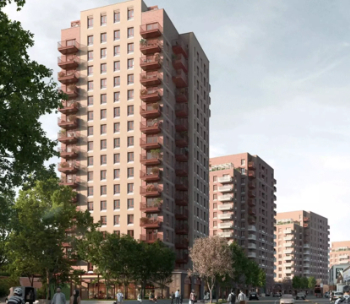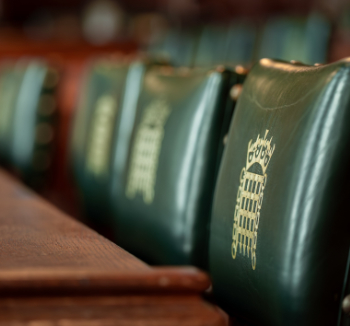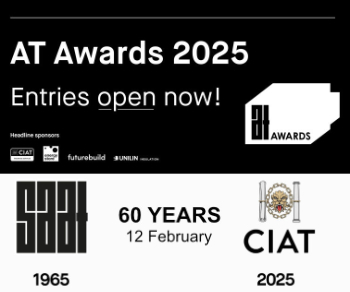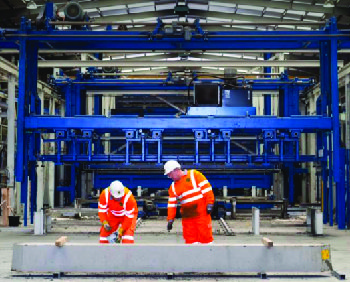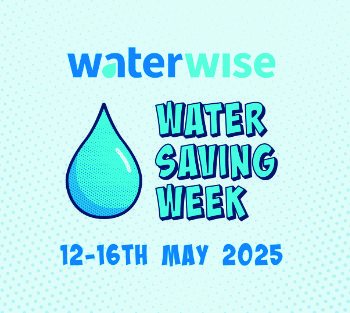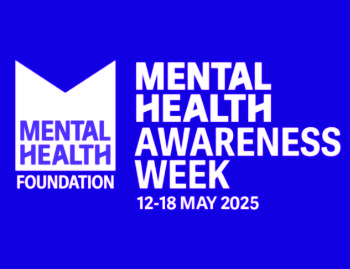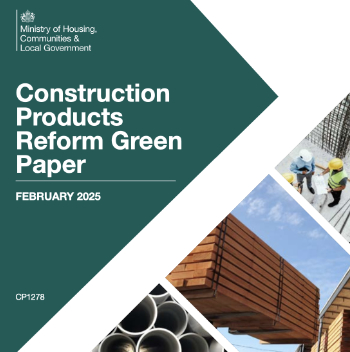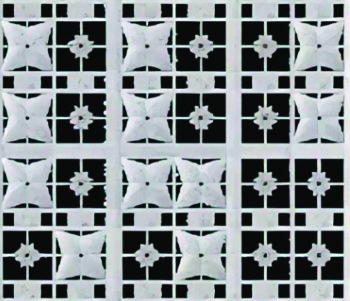Exclusion grounds under the Single Procurement Document (Scotland)
Contents |
[edit] Introduction
The Single Procurement Document (Scotland) - also referred to as SPD (Scotland) - is a document that contains questions used at the selection stage for post-Brexit procurement exercises in Scotland. It is used to identify suitably qualified and experienced bidders for public sector procurement in Scotland.
The Procurement Journey portion of the Scottish Government’s procurement guidance website offers guidance for public sector buyers who procure goods, services and care and support services under SPD (Scotland).
[edit] Route 3
Procurement officers involved in high value or complex purchases (typically of, or more than £50,000 excluding VAT for goods and services) should follow the guidance offered in Route 3 of the Procurement Journey. This includes strict procedures and rules, including circumstances in which a bidder must be excluded from the procurement process. This is known as a mandatory exclusion ground. There are other circumstances in which a bidder may be excluded on a case by case basis. These are known as discretionary exclusion grounds.
All exclusion criteria must be relevant and proportionate to the subject matter of the contract.
[edit] Determining the parameters of exclusion
The exclusion process involves evaluating whether the bidder has committed any offences.
There are two types of questions that can be asked when determining whether or not there are grounds for exclusion questions:
- Mandatory exclusions. The buyer must ask questions regarding these exclusions and the bidder may be excluded from the procurement process if specified offences have been committed and the self-cleansing measures taken are not sufficient to demonstrate reliability. Examples of such instances might include corruption, bribery, money laundering or certain types of fraud. They may also include tax and social security obligations (binding decision - judicial or administrative).
- Discretionary exclusion. The buyer may ask questions concerning these exclusions and the bidder may be excluded from the procurement process if they have taken part in certain activities and the self-cleansing measures taken are not sufficient to demonstrate reliability. These should be considered on a case by case basis by the buying organisation. Examples of such instances might include social, environmental and labour laws or obligations, bankruptcy or insolvent businesses, incidents of grave professional misconduct, conflicts of interest, distortion of competition and contract deficiencies, or misrepresentation or undue influence. They may also include tax and social security obligations (decision by means other than a binding judicial or administrative decision).
In either mandatory or discretionary exclusion grounds based on tax and social security breaches, the bidder should not be excluded if they have fulfilled their obligations by paying or entered into a binding agreement with the view to paying monies due or the obligation to repay otherwise ceases.
[edit] What is self cleansing?
According to the Construction Procurment Handbook Glossary, self cleansing is: ‘The process by which candidates which have been excluded from a procurement process can demonstrate that they have taken action to remedy and areas which were the cause of their exclusion.’
As part of the self cleansing process, the bidder must satisfy that it has:
- Paid, or undertaken to pay, compensation for any damage caused by the criminal offence or misconduct.
- Provided detailed facts and circumstances by collaborating with the investigating authorities.
- Taken appropriate concrete technical, organisational and personnel measures to prevent further criminal offences or misconduct.
[edit] Extenuating circumstances
In exceptional circumstances, it may be possible to disregard the mandatory exclusion grounds when selecting a bidder. This can only be done where there are overriding reasons relating to the public interest. This provision is known as derogation from the mandatory exclusion considerations.
This allows buying organisations to respond to unforeseen emergency circumstances. An example may be where urgently needed emergency equipment can only be purchased from a bidder to whom one of the mandatory exclusion grounds otherwise applies.
[edit] Related articles
- Dynamic purchasing system under the Single Procurement Document (Scotland).
- Procurement route.
- Public procurement.
- Self-cleanse.
- Single Procurement Document (Scotland).
- Tender processes for construction contracts.
- Typical tender process for construction projects.
- Unfair contract terms act.
[edit] External resources
- Scottish Government, Construction Procurement Handbook, Glossary.
- Scottish Government, Procurement Journey, Exclusion criteria.
- Scottich Government, Procurement Journey, Route 3 Introduction.
Featured articles and news
Deputy editor of AT, Tim Fraser, discusses the newly formed society with its current chair, Chris Halligan MCIAT.
Barratt Lo-E passivhaus standard homes planned enmasse
With an initial 728 Lo-E homes across two sites and many more planned for the future.
Government urged to uphold Warm Homes commitment
ECA and industry bodies write to Government concerning its 13.2 billion Warm Homes manifesto commitment.
Places of Worship in Britain and Ireland, 1929-1990. Book review.
The emancipation of women in art.
CIOB Construction Manager of the Year 2025
Just one of the winners at the CIOB Awards 2025.
Call for independent National Grenfell oversight mechanism
MHCLG share findings of Building Safety Inquiry in letter to Secretary of State and Minister for Building Safety.
The Architectural Technology Awards
AT Awards now open for this the sixth decade of CIAT.
50th Golden anniversary ECA Edmundson awards
Deadline for submissions Friday 30 May 2025.
The benefits of precast, off-site foundation systems
Top ten benefits of this notable innovation.
Encouraging individuals to take action saving water at home, work, and in their communities.
Takes a community to support mental health and wellbeing
The why of becoming a Mental Health Instructor explained.
Mental health awareness week 13-18 May
The theme is communities, they can provide a sense of belonging, safety, support in hard times, and a sense purpose.
Mental health support on the rise but workers still struggling
CIOB Understanding Mental Health in the Built Environment 2025 shows.
Design and construction material libraries
Material, sample, product or detail libraries a key component of any architectural design practice.
Construction Products Reform Green Paper and Consultation
Still time to respond as consultation closes on 21 May 2025.
Resilient façade systems for smog reduction in Shanghai
A technical approach using computer simulation and analysis of solar radiation, wind patterns, and ventilation.









